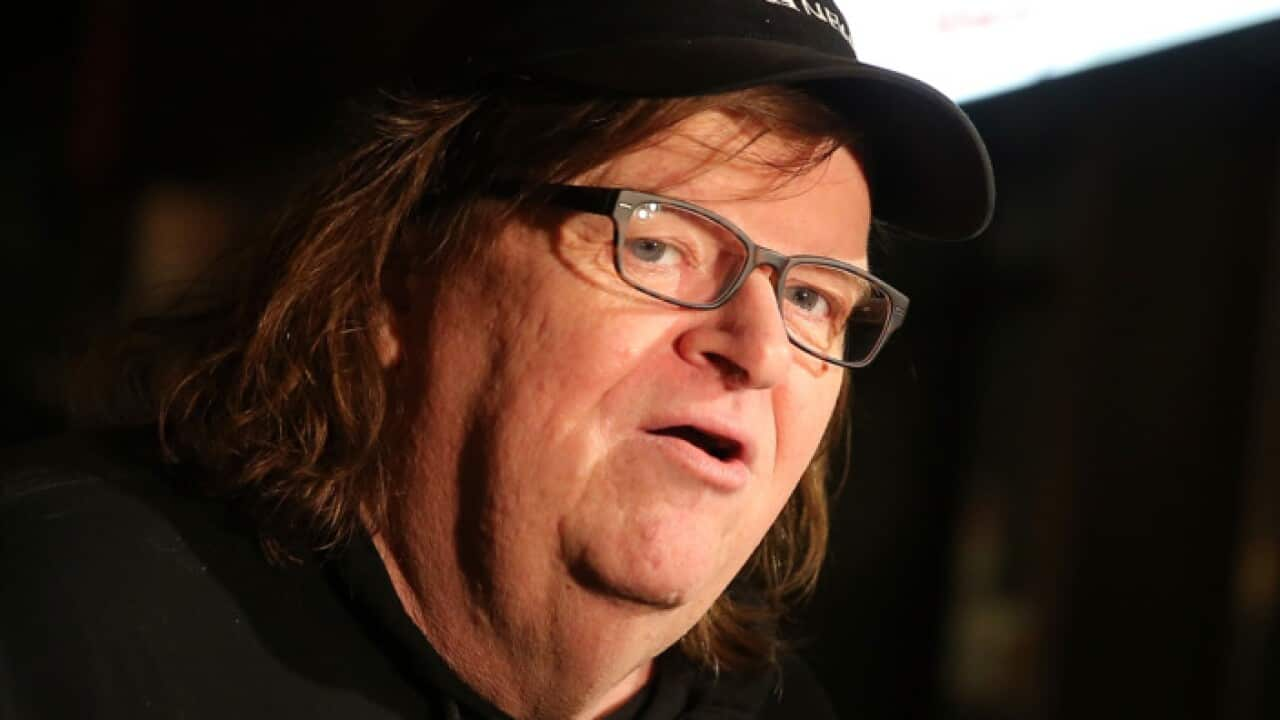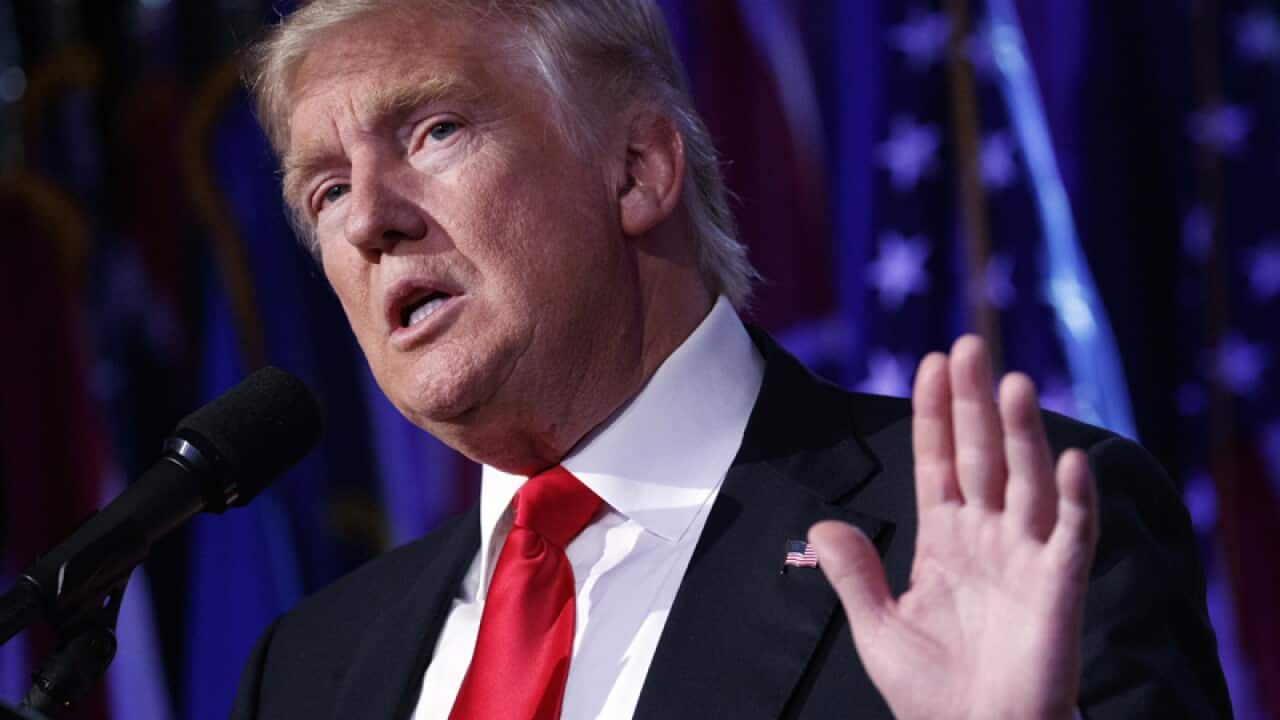Twelve years ago, in the aftermath of George W Bush's narrow re-election victory over John Kerry in the 2004 US Presidential Election, I wrote a scathing editorial titled "51 per cent of voters are idiots" in the Tharunka, a far-left student newspaper published by the University of New South Wales union. As I complained bitterly at the time in the article:
"A dumb electorate works to the conservatives' advantage because the ignorant are more susceptible to simple scare-mongering about refugees, interest rates, and domestic security, and are less likely to question the status quo. One of the greatest ironies in recent US Elections has been the overwhelming support for Republicans in the southern states. These are some of the most economically backward areas in America. It is these hill-billies of Wyoming and Idaho and not the elites in Massachusetts, who most need a social security system, minimum wages, and public abortion clinics - all the things Republicans plan to dismantle. Their children are the ones most likely to end up fighting in Iraq. No amount of pious ramblings from Bush about God, Guns and Gays will improve their lot."
Re-reading the article now in the aftermath of Trump's victory last week, sometimes I wish I could return to judging the world through the eyes of my 24-year-old self. Life certainly felt more black and white back then, when I could easily distinguish between heroes and villains. But like Trump's mop of hair, that sort of world is not, real.
"The best explanation for the result is that many ordinary (and often intelligent) people are genuinely fed up with politics as usual, and that's something happening right around the world."
Perhaps not unlike lots of people outside of America today, I was only observing from afar, not actually knowing any Bush supporters, and Michael Moore's film 'Fahrenheit 9/11' was my sole source of information. Similarly, many Americans upset with last Tuesday's result, have never moved between a "Red State" and "Blue State", and they don't know anyone of a different political persuasion in their social circles.
Today, would I still brand those 60 million Trump voters in America as uninformed and dumb-witted? I certainly see echoes of that sentiment in the media in the past week, with the commentary focusing on the huge proportion of non-college educated and "working class white" voters who flocked to President Trump. I also see that when news channels pick out the least articulate Trump supporters from a rally for an interview. But those faces are often no more representative of all Trump voters than the people regularly featured on the Jerry Springer Show represent all Democrats.
For what it's worth (and having regularly visited the US in recent years), I believe Trump won not because there are too many dumb, sexist and racist voters without college degrees. Yes, some of his supporters were all those things, but they don't make up 60 million people. Instead, the best explanation for the result is that many ordinary (and often intelligent) people are genuinely fed up with politics as usual, and that's something happening right around the world. See for example, the Orange by-election in NSW last weekend.
Ordinary people rightly see modern politics as too highly stage-managed, bias, slick, poll-driven and inauthentic. It's epitomised by the "official" twitter accounts of politicians who never actually write their own tweets, but rely on an army of media consultants, spin doctors and marketing companies. It's epitomised by simplistic and partisan "share if you agree" one line slogans and memes that constantly bombard our facebook feeds. And it's epitomised by both major parties being in the pay pockets of the same corporate donors while offering the public the illusion of choice.
"The 2016 US Election was not a contest between Mr Burns and Lisa Simpson."
In the end, Trump won because he essentially ran as an outsider independent candidate who took an axe to the established Republicans and Democrats duopoly. Yes, Hillary is intelligent, hardworking and resilient. But machinations for power are often ugly. And the longer one stays in that game (in her case over 30 years), the more that ugliness tends to tar your image permanently in the minds of the public.
For those who are still devastated by last Tuesday's result, keep a few things in mind:
First, the 2016 US Election was not a contest between Mr Burns and Lisa Simpson. Leaders are rarely the one-dimensional charactuers often depicted in the partisan propaganda from each side. In reality, they will almost certainly be human beings that are less perfect than how they are projected by their own team, but less evil than what is projected by the other side.
Likewise, both the benefits and ills of policy positions from each side will often be exaggerated in the heat of election campaigns. There's often more common grounds than either side will want to admit.
Finally, the people who voted for the other side are not the "enemy". If you speak with some of them, you'll find few prejudices actually survive actual face to face interactions. The Trump supporters I have met cut across my work colleagues and even in my extended family. In most cases, they are normal, generous, hardworking people who also want what's best for their families and their country. They are usually not vocal activists, but are happy to share their views if asked in a friendly way.
If last Tuesday's result was a "mistake", then there's the chance to correct that in four years' time. But that will not happen by acting as I did in my younger self throwing verbal tantrums at Trump's voters. It will only happen by connecting with enough of these people and offering them an inclusive and genuine alternative to the sickness plaguing modern politics. I've heard the expression "friends don't let their friends vote Trump." Well, that's never going to work unless you actually have such a friend in the first place, right?
is a former deputy mayor in the City of Ryde and has been an independent local government councillor since 2008. He is also editor of , sharing stories of people from multicultural Eastwood in Sydney's North West.














